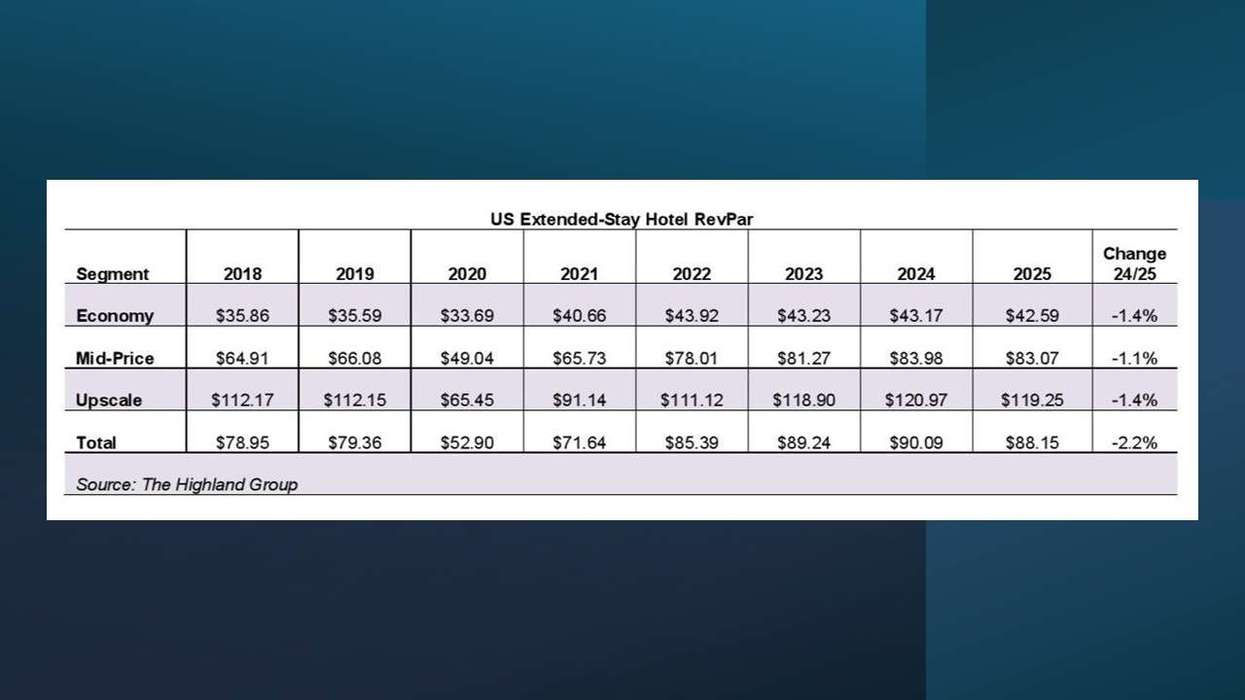HOTEL WEBSITES LED all booking sources in revenue per booking in 2024, generating an average of $519, 60 percent higher than other channels, according to SiteMinder. Furthermore, the largest volume of hotel reservations from a single technology platform rose 8.5 percent year-over-year, with a value-per-booking 60 percent higher than OTAs at $320.
SiteMinder’s Hotel Booking Trends report, based on more than 125 million reservations, found the figure was 35 percent higher than global distribution systems at $380 and 15 percent higher than wholesalers, DMCs and tour operators combined at $446.
Direct booking value rose year-over-year, with hotel websites holding or improving their position among top revenue sources in all major travel destinations for the first time. In the U.S., hotel websites remained the third-highest revenue-generating channel.
James Bisphop, SiteMinder’s vice president of ecosystem and strategic partnerships, said the findings show travelers are increasingly turning to hotel websites and spending more when they do.
“When booking directly, travelers are choosing higher-value rooms, staying longer, and adding extras—each of which presents a major opportunity for hotels to offer exclusive deals,” Bishop said. “This doesn’t mean hoteliers should disregard third-party channels in 2025, they continue to provide unmatched reach and simplicity, as seen in their ongoing dominance in the Top 12 hotel booking revenue-makers worldwide. What our findings highlight is the importance of delivering an easy booking experience with smooth payments and strong security, just as third-party channels do.”
SiteMinder’s annual Hotel Booking Trends report is based on data from over 44,500 hotel customers, who used its platform to secure more than 125 million bookings worth over $50 billion in 2024.
Booking.com leads
Booking.com remained the top revenue-generating channel for American hotels for the third consecutive year, while Hotelbeds achieved its highest ranking in five years, reaching sixth place, according to SiteMinder. Reflecting global trends, WebBeds rose two spots to eighth after its 2023 debut, and North America’s Hopper climbed to 10th after first appearing in 2023.
The top 12 hotel booking sources generating the most revenue for American properties in 2024 were:
- Booking.com
- Expedia Group
- Hotel websites (direct bookings)
- Agoda
- Airbnb
- Hotelbeds
- Global distribution systems
- WebBeds
- Hostelworld Group
- Hopper
- OTS Globe
- HotelTonight
International arrivals in the U.S. accounted for 25 percent of all stays, driven by travelers from key markets including Canada, Mexico, the U.K., Germany, China and Japan. Domestic travelers made up 75 percent of arrivals, reinforcing the U.S. as one of the world’s strongest domestic markets.
SiteMinder found that travelers booked earlier and canceled less, partly due to the growth of international travel. In the U.S., average lead times rose to 31.5 days, surpassing 2019 levels, while the cancellation rate dropped to 19.21 percent, staying below the 2019 average.
Despite a 2.5 percent decline in the U.S. ADR in 2024, from $280 to $273, the second half of the year showed stronger growth, with room rates rising notably from October to December. July recorded the highest monthly ADR, though August was the busiest month for bookings. Globally, ADR increased in 65 percent of markets, surpassing $200.
Friday-night stays, the most expensive, generated an average of $67 more than Sundays, the least expensive, reflecting significant variation in occupied room rates globally in 2024. This variation highlights the U.S.'s leadership in dynamic revenue management. Additionally, over 22 percent of guests stayed for two nights or more, slightly surpassing the global average.
Bishop said hotel businesses must stay flexible and responsive as trends evolve to reflect today’s dynamic traveler.
“SiteMinder’s report shows that traveler preferences are anything but fixed, so those who can adapt quickly will be best positioned to succeed,” Bishop said. “In 2025, the advantage will come from leveraging data-driven insights, building flexibility into strategies, and seizing new opportunities. Properties that embrace this approach will not just establish themselves as leaders within their markets; they will set a new standard for an industry undergoing transformative change.”
SiteMinder recently reported a 22 percent increase in U.S. hotel bookings for Dec. 21-25 compared to last year, driven by international bookings, which made up 32 percent of total bookings, up from 28 percent in 2023—a more than 15 percent rise.






